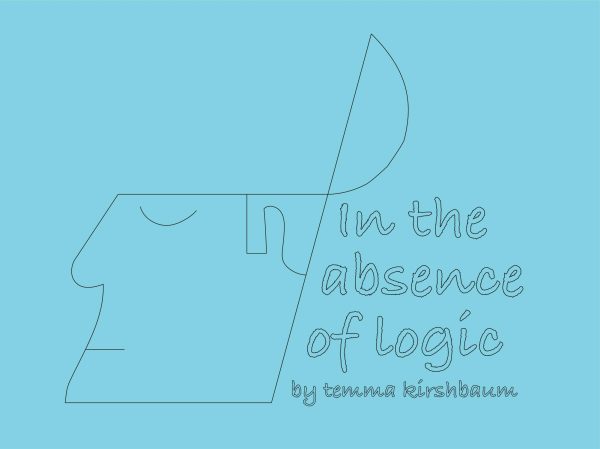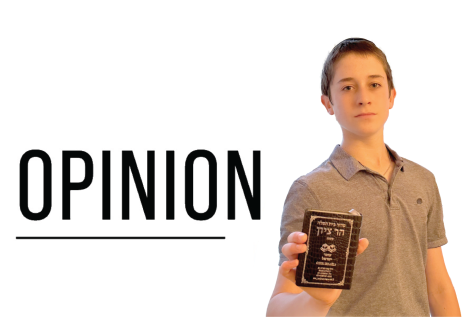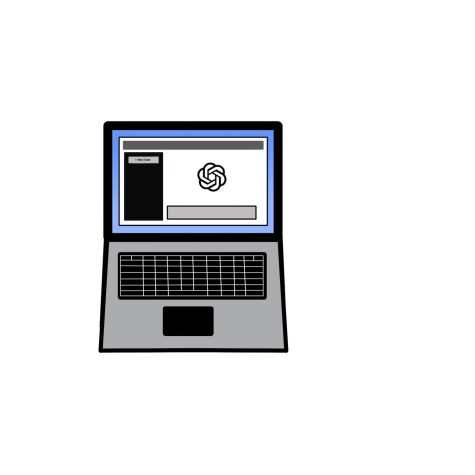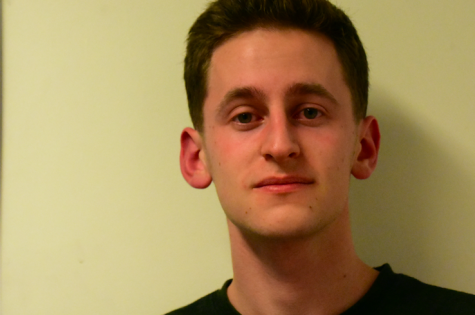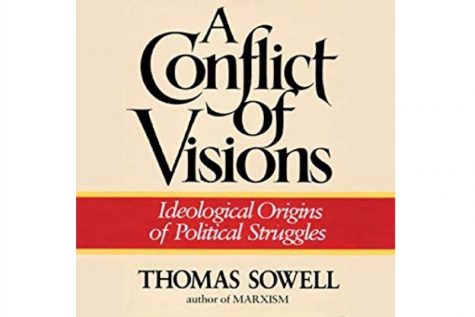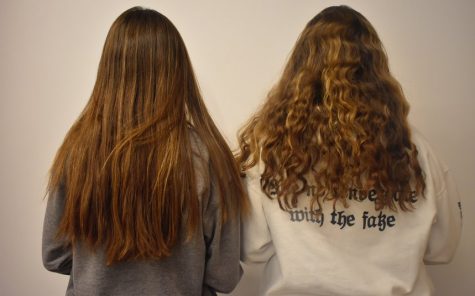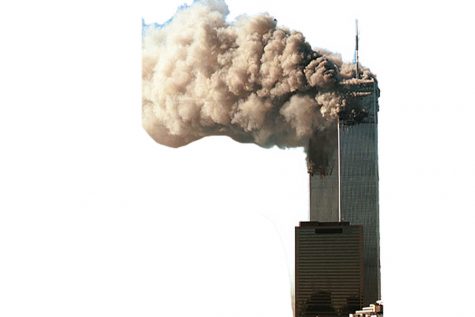OPINION: 13 hours of “Why?”
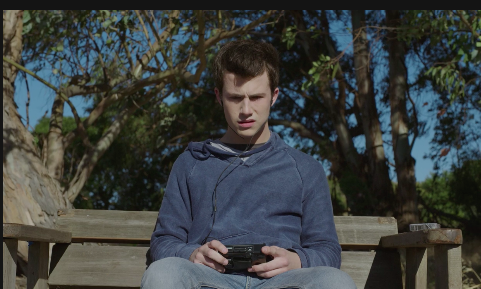
Dylan Minnette plays Clay Jensen in ’13 Reasons Why’ on Netflix.
By Yishai Thau, Ninth Grade
The show 13 Reasons Why has done more harm than good and therefore it fails. It wants to be a show promoting awareness of our surroundings, so that we will come forth and help when bullying is seen. But it never fulfills this goal. Instead it promotes suicide, excusing it as a consequence of the bad behavior or ignorance of others. It also ignores many of the steps leading to suicide in real life, and misses out on opportunities to show what people could do to prevent it.
The show is about a high school student, Clay Jensen, and his friend, Hannah Baker. Hannah has killed herself after suffering a series of demoralizing circumstances brought on by select individuals at her school. A box of cassette tapes she recorded before her suicide details the 13 reasons she decided to end her life.
The problem starts right there: Hannah leaves the tapes to teach those who bullied her a lesson, which could ultimately lead the former bullies to make the same mistake she made — suicide — from guilt at having caused her death.
That alone should be enough to turn people away from the show — especially parents. But it doesn’t. People say it makes them more aware of what bullying can do to people. But nobody in the show ever does anything to stop the bullying before it’s too late; the “tapes” thus speak for themselves, and have the last word.
The show also paints parents as being completely unaware of their kids’ distress; none are aware of what’s going on until it’s too late. While in most teen shows, one or two families have parent issues — fighting or ignoring, for example — but here almost every family does. In fact, I can’t think of one example of a competent and aware adult, whether a parent, counselor or principal, in the entire show. The entire adult world is painted as useless. Viewers who think the show is realistic would assume all adults are incompetent and clueless — so why try to enlist such a person?
But more important is the show’s missed opportunity to show teenagers doing something positive. After his friend’s death, why couldn’t Clay notice someone else going through similar issues, and try to help them out? That would leave people in the audience with the suggestion to be like Clay and help someone else around them in real life. Instead, the show makes Clay an extremely passive character who is not a good role model for anyone.
Finally, 13 Reasons Why is a terribly untruthful representation of how suicide happens in real life. It never once mentions mental illness, even though according to the website Mental Health Reporting, 90 percent of those who die from suicide were or could have been diagnosed with a mental disorder, especially depression. This is an unseen issue throughout the show, and is untruthful to real life circumstances. Instead, it leads people to think that suicide is preventable if everyone would just stop being a bully. Turning the show into what it seems to want to be would require scrapping that entire premise.
For 13 Reasons Why to at least be helpful, Clay should investigate why Hannah was so in need of help and why nobody gave it to her, including her parents. Perhaps he could help a kid like Hannah in a similar situation.
We could watch him realize gradually that mental illness can make people even more sensitive and vulnerable, and that anyone — even someone passive like him – can do something to help, not just by being kinder but by telling an adult. Then we could watch him tell someone, and see a result that makes his having gone beyond his comfort zone worth the trouble.
Suicide is such a heavy subject that many would rather not read or think about it. But so is the show, and yet people are watching it. That gives 13 Reasons Why a heavy responsibility. It seems to want to prevent suicide. It’s failing now, but it should not give up on that goal.



